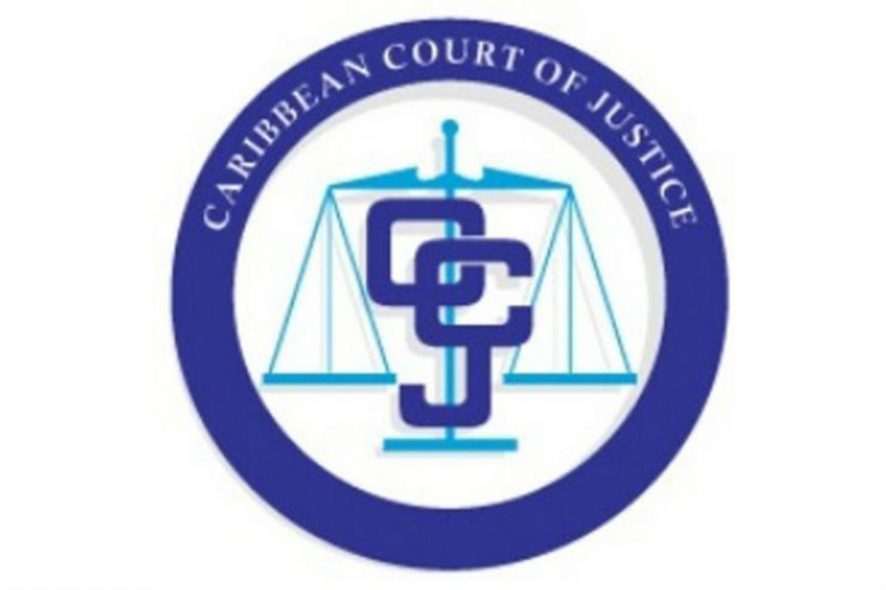Caribbean Court of Justice (CCJ): A Five Judge Bench comprising of Saunders (President) and Wit, Barrow, Anderson, Rajnauth-Lee, JJ. allowed an appeal by directing the judicial officers to refrain from using the bench to proselytize or express any stereotypical opinion.
The appellants were transgenders who were arrested and detained for cross-dressing for an immoral purpose in public in accordance with Section 153(1)(xlvii) of the Summary Jurisdiction Offences Act. Further, the magistrate imposing sentence told them that, “they must go to church and give their lives to Jesus Christ as they were confused about their sexuality and that they were men, not women.” Consequently, the appellants initiated constitutional proceedings against the alleged violation of rights under Articles 139(3) and 144(2)(b) of the Constitution.
The question before this Court was whether the above-stated section was an existing law immune from judicial scrutiny and what was the effect of a saving law clause as it was a fundamental plank upon which the respondent defended the challenge as to its constitutionality. The Court stated that Constitution has to be read as a whole wherein if one part of it runs up against the fundamental rights a saving clause shouldn’t immunize law to an extent of contravention of the human rights except against public interest. Thereby outlining Article 149 of the Constitution, the Court said that an individual choice of attire was an expression of his/her identity, infringement of which was unjustifiable interference with their right. Together with being vague as to its intentions, the section also criminalizes intentions and state of mind and thus was unconstitutional.
Accordingly, in order to eradicate homophobia in Guyana, Section 153(1)(xlvii) of the Summary Jurisdiction Offences Act was struck down. [Quincy Mc Ewan v. Attorney General of Guyana, [2018] CCJ 30 (AJ), order dated 13-11-2018]







